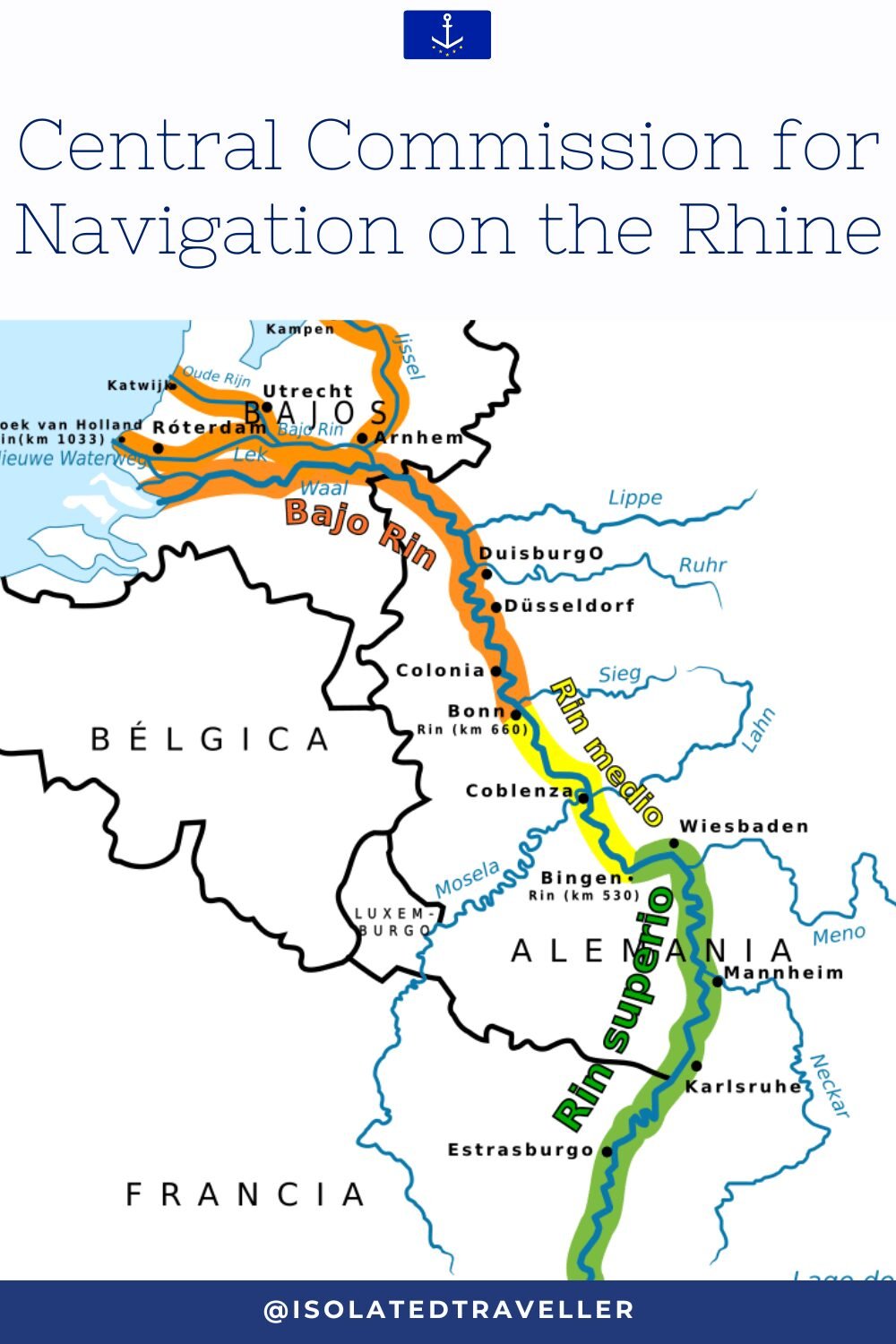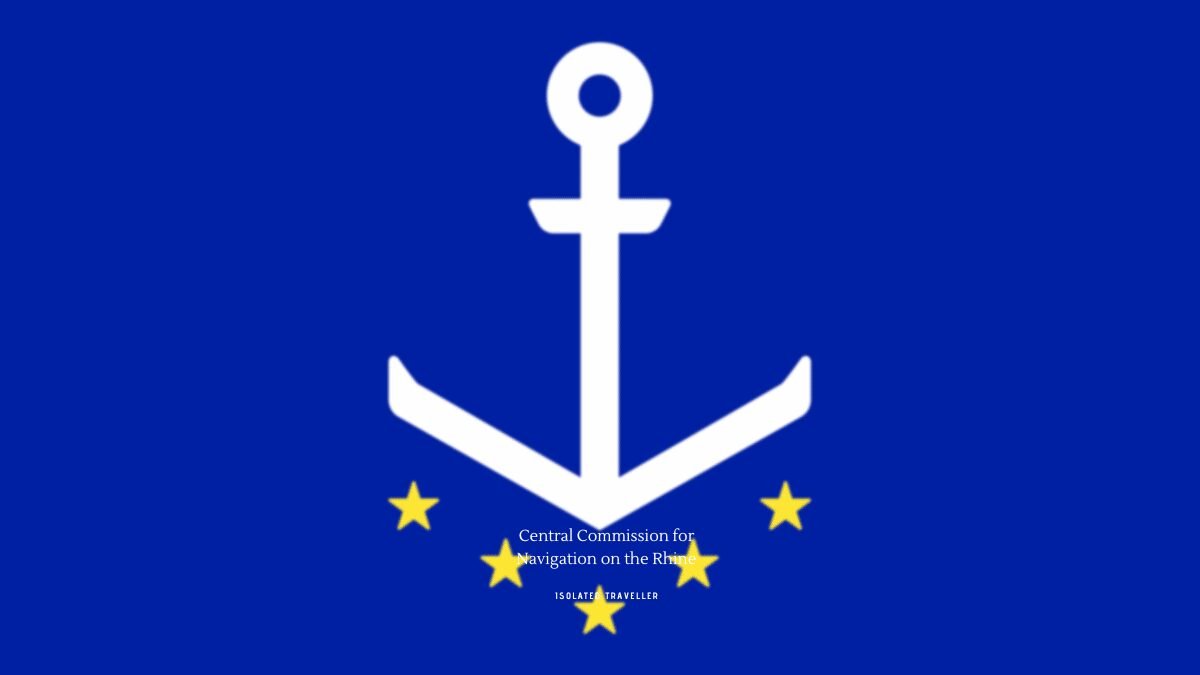Central Commission for Navigation on the Rhine
The Central Commission for Navigation on the Rhine (CCNR) is an international organization of European countries with a common interest in the Rhine. CCNR was established in 1815 and is headquartered in Strasbourg, France. The CCNR has observer states that are not members of the European Union but have close ties with it. These observer states include Russia, Belarus, Ukraine and Moldova, which all border the river.
Central Commission for Navigation on the Rhine
The Central Commission for Navigation on the Rhine (CCNR), also known as the “Rhine Navigation Service,” is a supranational organization that works to ensure safe, efficient and sustainable navigation on the Rhine River. The CCNR was established by treaty in 1868 and has been in continuous operation ever since.
It is important to note that the CCNR is not an agency of any one country—its powers are vested in it by its member states. The CCNR’s actions are directed toward upholding these countries’ interests regarding navigation on this international waterway through which millions of people and millions of tons of goods move each year.
The CCNR may be described as:
- A public international law organization;
- A permanent body;
- An intergovernmental organization;
- A multilateral organization;
Members
Members of the Central Commission for Navigation on the Rhine (CCNR) include:
- Austria
- Belgium
- France
- Germany
- Luxembourg
- Netherlands / Netherlands Antilles, New Zealand, Philippines and Singapore.
Observer States
As an observer, your state is not a full member of the Central Commission for Navigation on the Rhine (CCNR). However, you are invited to participate in meetings of the CCNR. Although you do not have any voting rights, you may make recommendations regarding navigation on the Rhine and other bodies of water that flow into it.
You will also be able to take part in discussions concerning environmental protection and research issues concerning navigation on the Rhine. You may also contribute to projects that aim at improving technical facilities or enhancing safety conditions on or near watercourses flowing into them.
- Bulgaria
- Hungary
- Slovak Republic
- Czech Republic
- Romania
- United Kingdom
- Ukraine
- Poland
- Republic of Serbia
Functions
The Central Commission for Navigation on the Rhine is a public authority. Its tasks are to:
- promote the Rhine as a waterway of international significance
- promote the Rhine as a waterway of European significance
- promote the Rhine as a waterway of national significance
- promote the Rhine as a waterway of regional significance
History
The Central Commission for Navigation on the Rhine was created in 1816 to help standardize shipping on one of Europe’s busiest rivers. The CCNR is responsible for maintaining and improving navigation on the Rhine, as well as regulating commercial traffic that uses the river.
The CCNR is governed by six member states: Germany, France, Luxembourg, Austria, Netherlands and Switzerland. Each state has two representatives from their national navigation authority; one represents the interests of users and one represents those of owners. All decisions are made through consensus among these six members—no single country can block any decision unless all agree not to implement it first—so we’re looking at an organization with a lot of checks and balances built into its system.
Current missions of the CCNR
The CCNR has been working to achieve the following goals:
- facilitating navigation;
- promoting the sustainable use of the Rhine and its tributaries;
- developing the Rhine region economically, socially and culturally;
- ensuring safety on the river, including navigation safety measures such as flood protection and risks from ice jams; – protecting maritime heritage and cultural assets.
Conclusion
The Central Commission for Navigation on the Rhine is a supranational organization established in 1815 by the Congress of Vienna to regulate shipping on the Rhine. Its primary purpose is to maintain navigable waterways, but it has also been involved in other activities and initiatives such as addressing pollution and promoting tourism along the river.


